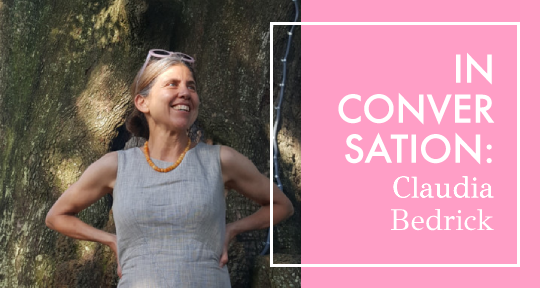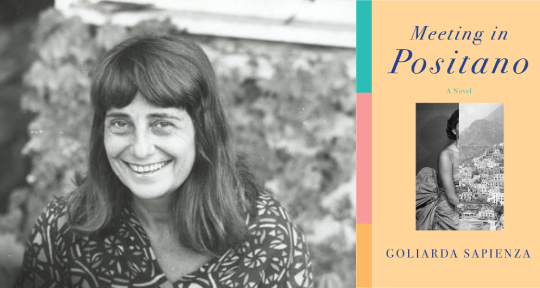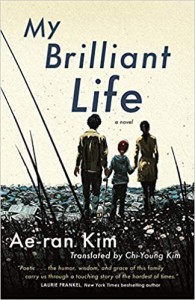Minae Mizumura was born speaking Japanese, adopted English upon moving to America, studied French diligently at the Sorbonne and Yale, then in adulthood, returned to Japan to become a novelist in her native tongue. Jhumpa Lahiri was born speaking Bengali, quickly gained fluency and rose to literary prominence in English, then in the mid-nineties, fell in love with the Italian language, and began a prolific transfiguration of translating and writing Italian texts. In this following essay, Blog Editor Xiao Yue Shan discusses these two accomplished writers in the varying, intriguing ways they’ve travelled through the realm of language, and how the possibilities of exile provide for a rediscovery of selfhood.
The art of self-introduction is a practice in brevity and precision. When I lived in China, I was Xiao Yue—yue as in moon. When my family moved to Canada, I became but you can call me Shelly. Later, when I carved a home-like enclave for myself in Japan, I learned the concise method of mental hyphenation: Shelly-Chinese-Canadian. Such is the way I moved through the world, always in dialogue with its perceptions. The self is not a distinct article of qualities, but a myriad web of associations—one spends a life following its appendix.
When an individual’s place in the world is rendered fluid by border-crossings and trans-oceanic migrations, it serves to learn that identity is not an indefatigable statement of presence, but a tenuous and mutable clay. Names, meant to be cemented by the fact of birth, become vulnerable to the phonetic insistences of other tongues. Language, the intact system by which to categorise the world, becomes scattered and dismembered with interruptions, contrarian rules, and adversarial vocabularies. One learns to see the multiplicities innate in all things—the layers of presence dispersed across the world, evoked by the differences in seeing. What you call that I call mine.
“‘My name is Minae’: how many times did I say this and then feel my mind go blank?” In Minae Mizumura’s novelised autobiography, An I-Novel, she peruses the same delicate network of memories, beliefs, and influences to reach herself. The three-hundred-some pages are held within the bookends of one day and night, perched on the structural lattice of phone calls with her sister, Nanae. The two sisters behold each other in both the comfort of familial intimacy and the strangeness of difference, made bolder by the contrast of similarity. Nanae, accustomed to American patterns, has settled into a life—however precarious—defined by an apartness from Japan, a homeland resigned to being occasionally ached for and remembered. Minae, however, spends the duration of this long, diaphanous day gathering pockets of assurances and assertions so that she may get up the courage to tell her sister about her decision to return to Japan—and their first language—to become a novelist.
The pull that Minae feels towards her birth country has everything to do with a knowledge that she has the power to excavate something profound and secret in the earth of Japanese language, a richness that the stone facade of English does not betray—“. . . the act of writing in Japanese transformed me to someone with knowledge of a rarefied world conveyed through the mix of different writing systems, knowledge inaccessible through English.” The lilting elegance of hiragana enchants her—writing its sweeping shapes embroiders her into the brocade of The Tale of Genji, calling towards a graceful world of balance, beauty, and softness. Even the repetitive, metronomic nature of learning kanji beholds an element of magic, displacing her into the transcendent history of the characters: “I felt like a monk in a temple, his body freezing in the bitter cold of winter, copying a sutra by candlelight.” Language—even beyond its purposes of notation and definition—is a gateway, a stage upon which the fantasies of self may spiral in its complex, infinite choreography. READ MORE…















